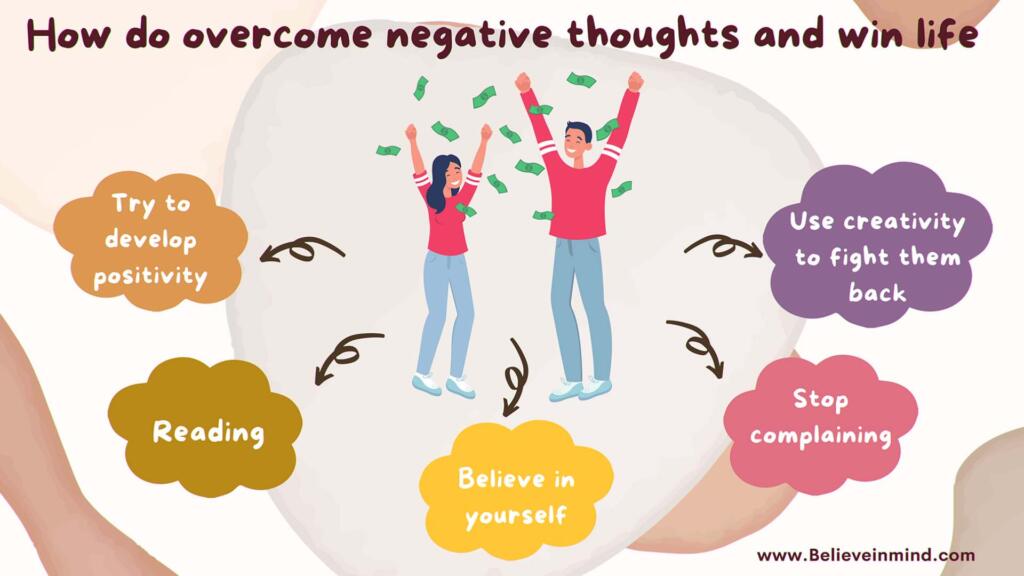Montessori education, conceived by Dr. Maria Montessori in the early 20th century, is a unique, child-centered approach to learning that has been adopted by schools all over the world. It is characterized by self-directed activities, hands-on learning, and collaborative play.
Child-Centered Learning
Montessori education from schools like First Academy, is distinguished by its emphasis on child-centered learning. Children in a Montessori classroom are free to explore and learn at their own pace. The classroom environment is carefully designed to meet the developmental needs of each age group and to foster independence, curiosity, and a love of learning.
Hands-On Learning
Hands-on learning is a cornerstone of Montessori education. Children are provided with a range of materials designed to aid their understanding of complex concepts. By manipulating these materials, children can learn by doing, leading to a deeper and more meaningful understanding of the subject matter.
Collaborative Play
In a Montessori environment, children often work in groups, promoting social interaction and collaborative problem-solving. This not only helps in developing social skills but also fosters a sense of community and cooperation.
Individualized Instruction
Each child in a Montessori classroom receives individualized instruction. Teachers observe each child’s learning style, interests, and pace of learning, and tailor their instruction accordingly. This personalized approach allows children to fully understand and master each concept before moving on to the next.
Integrated Curriculum
Montessori education is known for its integrated curriculum. Subjects are not taught in isolation; instead, connections between different areas of study are emphasized. This interdisciplinary approach helps children see how everything they learn is interconnected, fostering a holistic understanding of the world.
In conclusion, what makes Montessori education special is its focus on the whole child – their cognitive, social, emotional, and physical development. It respects children as individuals, encourages their natural curiosity and love of learning, and prepares them not just for school, but for life.
The Montessori Method: Beyond the Classroom
The benefits of Montessori education aren’t limited to the classroom. The Montessori method prepares children for real-world challenges and nurtures skills that are beneficial in every stage of life.
Developing Life Skills
Montessori education instills essential life skills in children. The self-directed learning approach encourages children to take responsibility for their own education, fostering qualities like self-discipline, self-motivation, and time management. These skills are crucial in adulthood, when individuals need to manage their own careers, households, and personal growth.
Fostering Creativity and Innovation
The Montessori method encourages creativity and innovation. The freedom to explore and the emphasis on hands-on learning allows children to think outside the box and come up with unique solutions to problems. This fosters an innovative mindset, which is highly valued in today’s fast-paced and ever-changing world.
Encouraging Social and Emotional Development
The collaborative play and group activities in a Montessori classroom facilitate the development of social and emotional skills. Children learn to cooperate, communicate effectively, handle conflicts, and build relationships. These are valuable skills that contribute to personal and professional success in adulthood.
Building a Lifelong Love for Learning
Perhaps one of the greatest benefits of Montessori education is that it cultivates a lifelong love for learning. By respecting children’s interests and allowing them to learn at their own pace, Montessori education ensures that learning is a joyful and fulfilling experience, not a chore. This positive attitude towards learning can lead to continuous personal and professional development throughout life.
In conclusion, Montessori education does more than prepare children for academic success. It equips them with the skills, mindset, and attitudes necessary to navigate the challenges of life, fostering well-rounded, confident, and lifelong learners.










